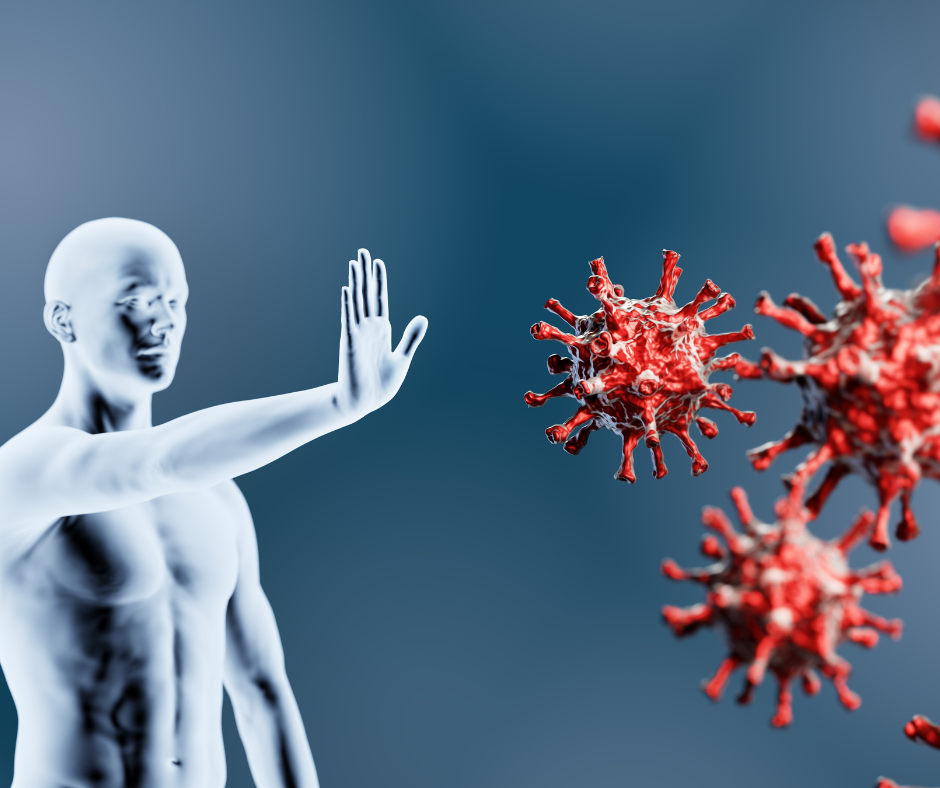
What is Skin Microbiota & Why you need to preserve it?
Your body is full of microorganisms, including bacteria, fungi, archaea, and viruses. Altogether, there are ten times more microbes in your body than there are human cells. Together, they make up about 1.5 kilograms of your body weight.
You can’t see them, but they’re there. Microbes. They’re on you, in you, and you carry more than 100 trillion of them all by yourself. That’s fourteen thousand times more than the number of people on earth. Collectively, they’re known as the human microbiota.
The Skin is a complex organ covering the entire body surface as a flexible shield; it is a barrier between the body and the outside environment, preventing disease-causing organisms and foreign substances from entering our body.
Specialized immune cells within skin tissue help to fight invading organisms.
Yet the Skin hosts diverse communities of beneficial bacteria, collectively known as the skin microbiota. These microbes that naturally colonize the Skin are referred to as commensals or skin microbiota.

Skin microbiota refers to the communities of microorganisms that reside on the Skin. The Skin supports its own ecosystems of microorganisms, which cannot be removed by any amount of cleaning.

Just like the microbes in our gut, skin microorganisms are essential in protecting us against invading pathogens, educating our immune system, and for the metabolism of many natural products.
While knowledge of the skin microbiome lags behind that of the gut microbiome, there is growing evidence that microbial imbalances on the Skin are associated with skin disorders and chronic wounds.
The superficial layers of the Skin are naturally acidic (pH 4-4.5).
With more acidity, your Skin can combat harmful microbes and damaging free radicals that might quicken aging.
The Skin forms an essential barrier against microbes from the outside world. In total, you have about 1.8 m2 of Skin, and more than 1.5 trillion (a 1 with 12 zeros) bacteria living on it.
In some wet places, tens of millions of microbes live on every square centimeter of Skin.
Most of them are helpful and harmless, preventing harmful bacteria on your Skin from ever getting their feet in the door.
Despite these vast quantities, all of the bacteria found on the Skin’s surface would fit into a volume the size of a pea.
Collaboration between the microbiota, host skin cells, and the immune system is responsible for the maintenance of skin health, and a disturbance to this delicate balance, such as by pathogen invasion or a breach in the skin barrier, may lead to impaired skin function.

Skin microbiome has multiple crucial functions like:
- Fighting infection- Some microbes act like natural antibiotics. They also help keep your Skin acidic, which many germs don’t like.
- Help your immune system work. Microbes in your skin act as a warning sign, alerting your immune system to harmful bacteria or viruses. They also play a role in how your cells respond to UV light.
- Heal wounds and control inflammation. Signals from your Skin microbiome can activate or de-activate your immune system, and that helps healing and controls inflammation.
This makes it clear that the skin microbiome is critical for our Skin & overall health, so we must protect these tiny microscopic beings.
Here are a few steps which you could take to maintain the skin microbiota:
1: Don’t over-sanitize. So if you’re addicted to “clean,” you could damage your Skin microbiome. You can upset the balance of your microbiome if you clean your Skin too much, such as if you use lots of antibacterial products.

2: Avoid Harsh Body Washes – Most body washes available in your supermarkets use surfactants that remove the key defensive components of your protective skin barrier.
When the protective skin barrier is compromised, it can’t protect itself from outside aggressors such as sun damage, pollutants, etc.
Take soap and sulfates, for example: By their very nature, it’s alkalinizing, and that’s how it removes dirt and microbes. But recall that our Skin’s microbiome prefers a pH of about 5, and the healthy microbiome thrives at this relatively acidic pH.
In addition, you’re sold numerous other products that throw off the delicate, acidic balance on your Skin (think: toners, peels, masks, etc.).
Don’t worry—just ditch ’em and switch to a surfactant-free cleanser that respects the skin barrier.
In time, things can go back to normal.

3: Moisturize. This gives your skin barrier a boost.
It’s beneficial for certain skin conditions, like eczema or psoriasis.
You don’t have to spend much money on fancy creams, and coconut oil works just fine.

4: Eat a Healthy Diet – While the gut and skin microbiome are different in nature, they are still interconnected.
That is, a healthy gut can equal healthy Skin!
It’s time to add more foods into your diet that contain prebiotics, such as oats, onions, legumes, and probiotics, like yogurt.
A probiotic-rich diet has been proven to treat skin diseases such as eczema and atopic dermatitis and prevent acne.

5: Exercise. Physical activity is good for your overall health, and it can also change your gut microbiome in a good way and keeps these tiny microbes of your Skin healthy.
6:Get out in nature. There’s evidence that green spaces can help our microbiome and boost our mental and physical health.
7: Treat medical conditions: Skin problems are common when you have certain unmanaged health issues, including diabetes and inflammatory bowel diseases, such as Crohn’s disease or ulcerative colitis.

8: Quit smoking. Cigarette smoking is bad for you in many ways, and studies show it can cause inflammation and disturb your Skin microbiome.
Remember, Good Skin begins with a good barrier, and that’s key to Skin being the perfect playground for a healthy microbiome.
Enjoy a healthy diet, ditch the harsh cleansers and adopt a routine that respects your Skin’s microbiome so you can achieve a healthy, vibrant Skin that glows!
Thanks for reading this blog.
If you like the content on my website and would like me to post more such informative content about keeping & healing your Skin in the most holistic way;
Remember to like & subscribe to my website and share if you like the content.. this will help others as well!
